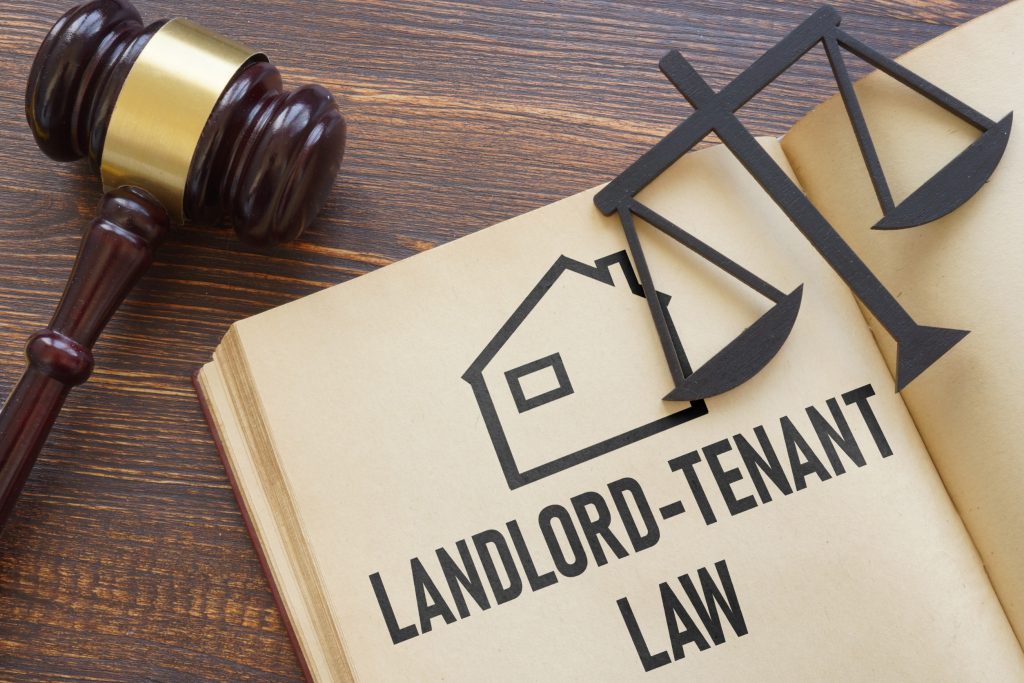Maryland is home to a diverse rental market, presenting different challenges and opportunities to tenants. One of the most crucial aspects of renting in Maryland is knowing the state’s rent increase laws. Tenants who are aware of these laws can safeguard their rights and prevent being unfairly burdened by rent hikes. This article aims to give a detailed overview of Maryland’s rent increase laws in 2024, covering the legal framework, maximum rent increase limits, tenant protections, and how tenants can respond to rent hikes.
Understanding Rent Increase Laws in Maryland
This Article Includes
- 1 Understanding Rent Increase Laws in Maryland
- 2 Legal Reasons for Rent Increases
- 3 Notice Requirements for Rent Increases
- 4 Maximum Rent Increase Limits in Maryland
- 5 Factors Affecting the Maximum Rent Increase
- 6 Consequences of Exceeding the Maximum Rent Increase
- 7 Rent Increase Protections for Tenants
- 8 Protections Against Retaliatory Rent Increases
- 9 Protections for Tenants in Rent-Controlled Areas
- 10 Protections for Tenants with Long-Term Leases
- 11 How to Respond to a Rent Increase
- 12 Conclusion
Maryland has specific laws and regulations in place that govern how landlords can increase rent for their tenants. It is crucial that landlords comply with these laws when increasing rent. One of the most important aspects of Maryland’s rent increase laws is that tenants must be given proper notice beforehand. As per the state’s regulations, landlords must provide a minimum of 45 days’ notice for a rent increase for month-to-month leases and 90 days’ notice for long-term leases.
Legal Reasons for Rent Increases
Maryland’s laws permit landlords to increase rent for several reasons, including covering rising operating costs, property upgrades, or to match market rates. However, it is illegal for landlords to increase rent as retaliation against tenants who exercise their legal rights, like filing a complaint with housing authorities or joining a tenant organization.
Notice Requirements for Rent Increases
Tenants should receive written notice from landlords regarding any rent increase. The notice should contain information about the amount of the increase, the effective date of the increase, and the reason behind it. Moreover, landlords are required to provide tenants with details on how to contest the rent increase if they feel it is unreasonable or unwarranted.
Maximum Rent Increase Limits in Maryland
Rent control laws in Maryland are not enforced statewide, which implies that landlords are not bound by any specific regulations on the amount they can increase rent. However, it is worth noting that local jurisdictions across Maryland might have their own rent control laws that limit rent increases. In order to determine if rent control laws apply in their area, tenants are advised to contact their local housing authority or tenant organization.
Factors Affecting the Maximum Rent Increase
There are various aspects that can influence the highest possible rent increase in Maryland. These include the lease conditions, the rental market trends in the locality, as well as any relevant rent control regulations. Additionally, landlords need to take into account the consequences of rent hikes on their tenants, as exorbitant rent increases can result in financial difficulties for them.
Consequences of Exceeding the Maximum Rent Increase
In Maryland, tenants have legal options available if their landlord surpasses the maximum rent increase limits. One such option is to file a complaint with the local housing authority. Another option is to seek legal advice and challenge the rent increase. It’s important to note that landlords who violate Maryland’s rent increase laws may face fines or other penalties.
Rent Increase Protections for Tenants
In Maryland, tenants are offered a range of protections when it comes to rent increases. One such protection is that a tenant cannot be evicted solely for refusing to pay a rent increase that is considered excessive. Furthermore, tenants who live in areas with rent control regulations may benefit from additional safeguards against rent increases.
Protections Against Retaliatory Rent Increases
In Maryland, landlords are not allowed to retaliate against tenants who exercise their legal rights, including requesting repairs or becoming part of a tenant organization. If a landlord retaliates by increasing rent, the tenant can take legal action to protect their rights.
Protections for Tenants in Rent-Controlled Areas
Maryland has rent-controlled areas where landlords have to follow specific restrictions on increasing rent. These restrictions aim to safeguard tenants from unreasonable rent hikes and maintain affordable housing options in these regions.
Protections for Tenants with Long-Term Leases
In Maryland, tenants holding long-term leases can benefit from extra safeguards against unexpected rent hikes. Landlords are obliged to inform tenants about any rent increase well in advance before it becomes effective. This way, tenants have ample time to prepare themselves financially and make informed decisions regarding their housing expenses.
How to Respond to a Rent Increase
If you’re a tenant in Maryland and your landlord presents you with a rent increase, know that you have a few options available to you. It’s crucial to read the notice thoroughly to ensure that the increase is in compliance with Maryland law. If you find that the increase is excessive or unjustified, you can try negotiating with your landlord for a lower increase. If that doesn’t work, you can file a complaint with the local housing authority or seek legal advice.
Conclusion
Tenants in Maryland need to have a good grasp of the state’s rent increase laws to safeguard their rights and receive fair treatment from their landlords. By understanding their rights under Maryland law, tenants can respond appropriately to rent hikes and prevent financial difficulties. Tenants should thoroughly review their lease agreement and seek legal counsel if they suspect their landlord is breaching Maryland’s rent increase laws. Staying informed and taking a proactive approach is crucial to successfully navigating Maryland’s rental market.
